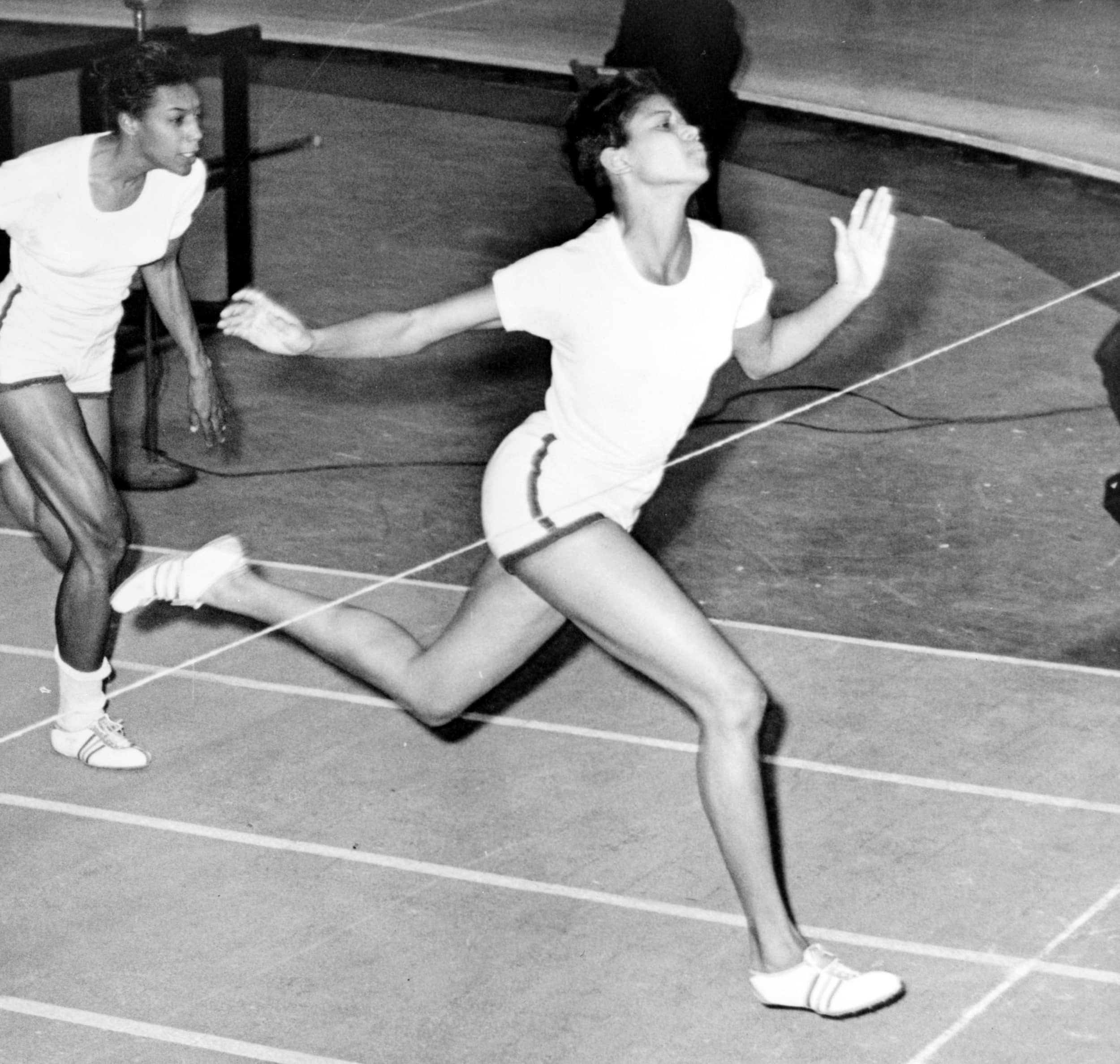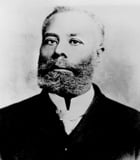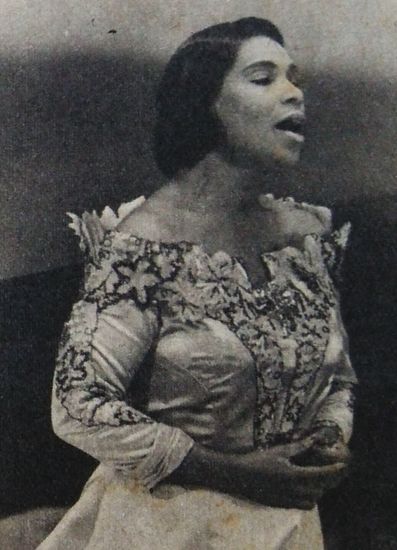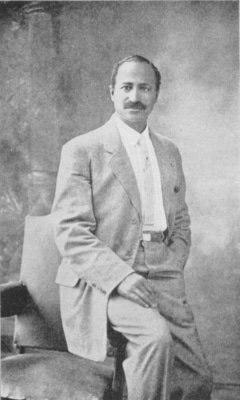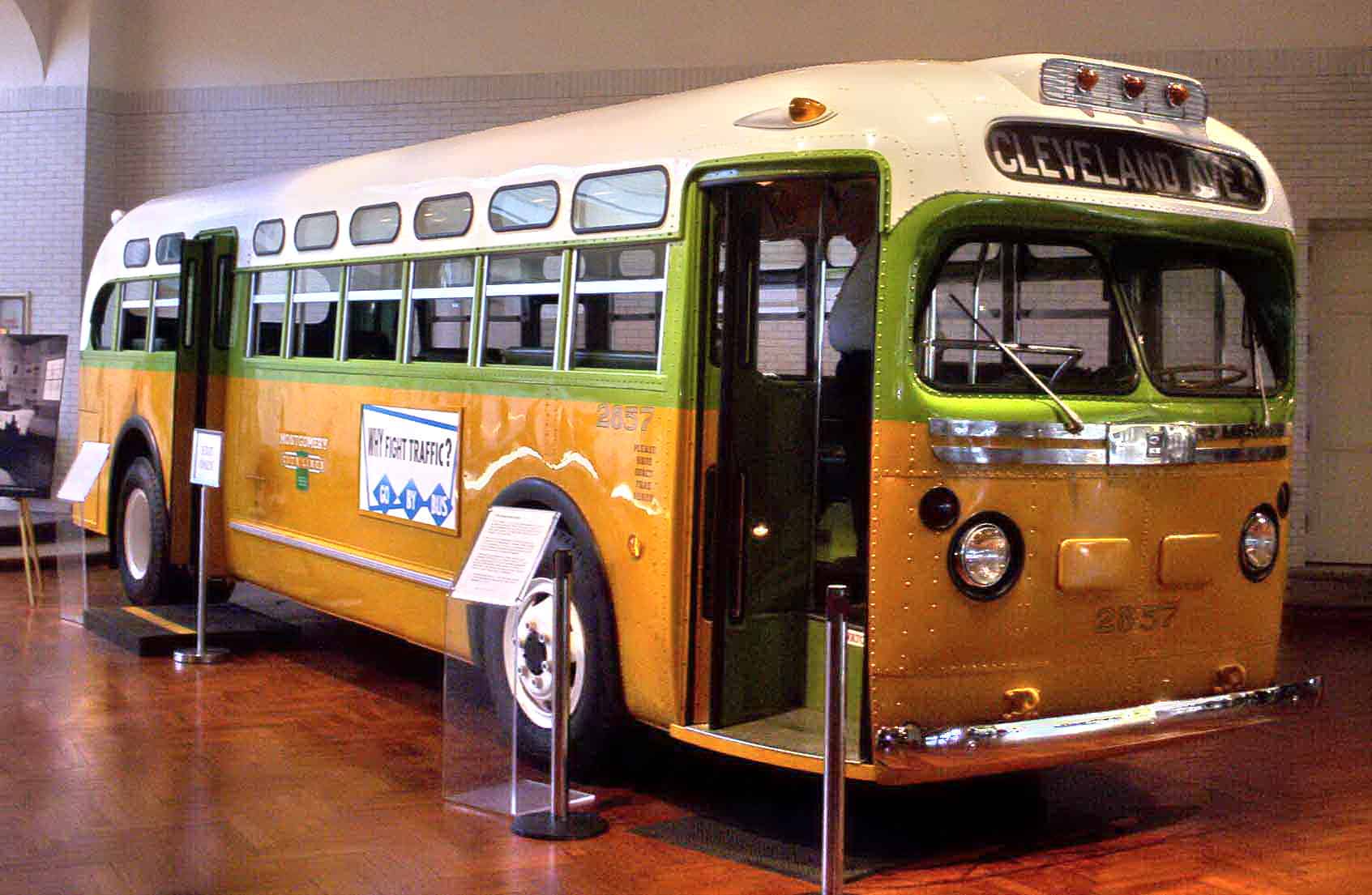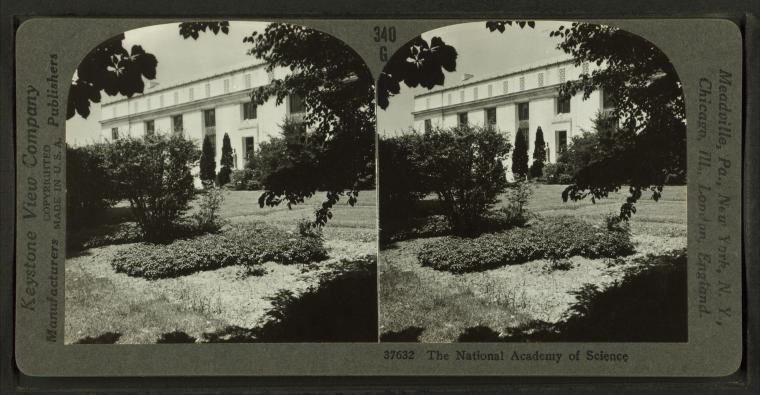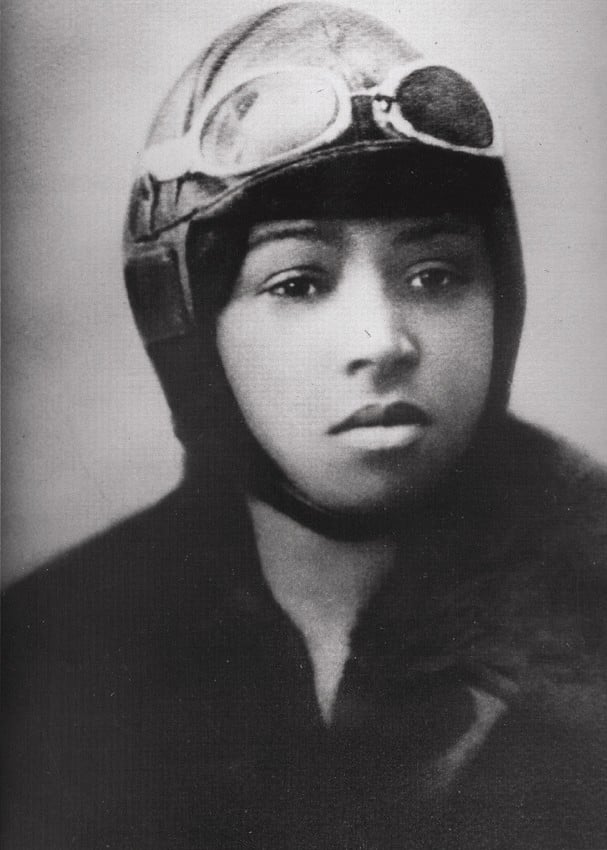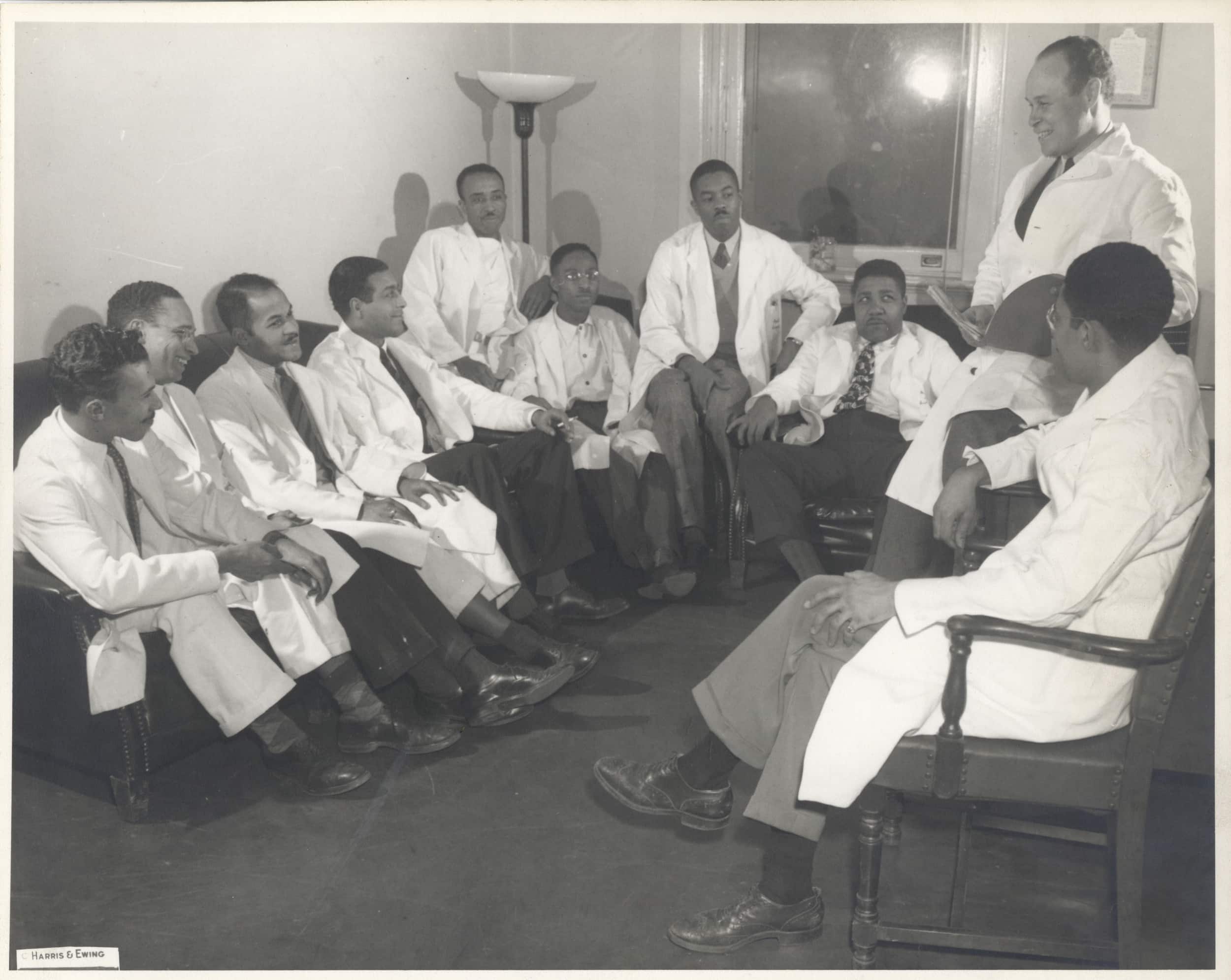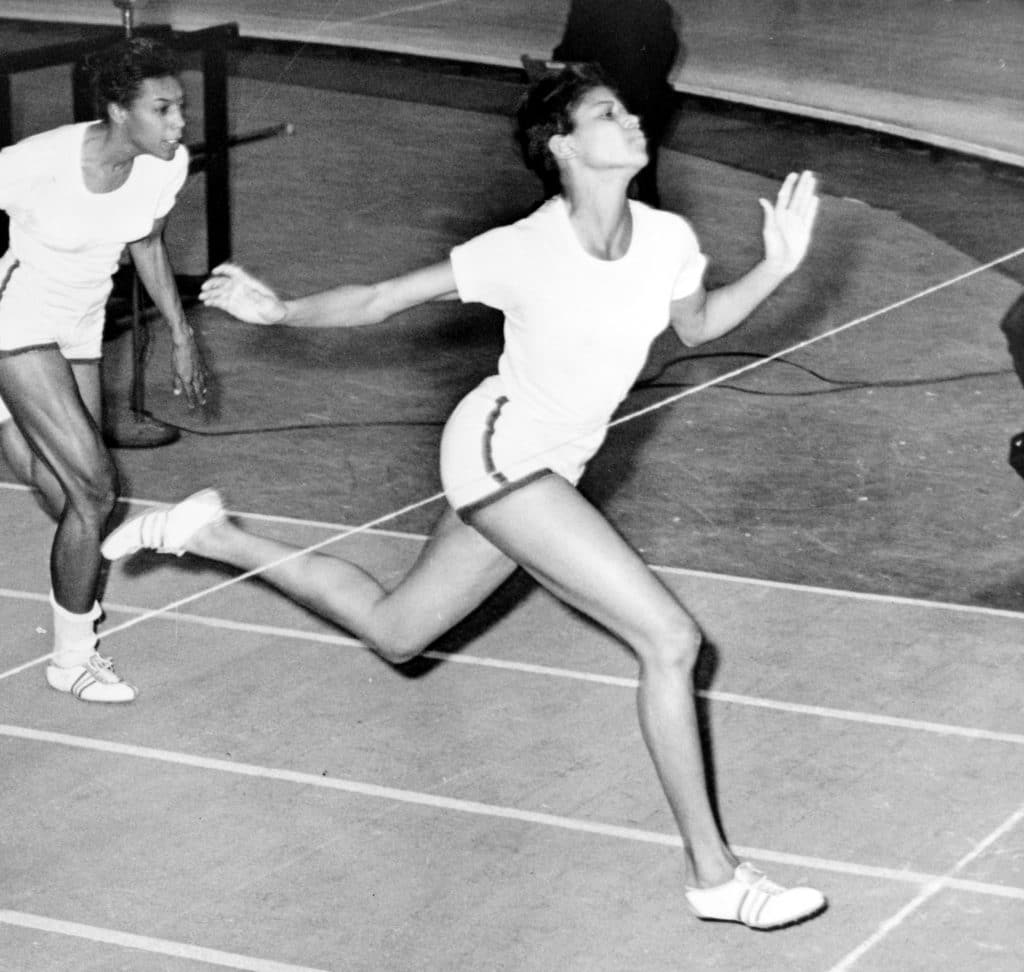
8 Unsung Heros For Black History Month
Emily Artus, Staff Writer
As February comes to a close, North Greenville University’s The Vision Online shares eight unsung heroes in honor of Black History Month.
1. Wilma Rudolph
Wilma Rudolph races over the finish line. Photo courtesy of the Library of Congress.
Born in 1940, Wilma Rudolph overcame childhood polio and took up basketball and running.
Dashing through the 1960 Summer Olympics, Rudolph became the first American woman to bring home three gold medals from one Olympics.
2. Elijah McCoy
Elijah McCoy poses for one of the few surviving pictures of the inventor. Photo courtesy of Wikimedia Commons.
Elijah McCoy, born in 1844, was an engineer and inventor. Wading through his day’s racial prejudices, McCoy patented over 50 inventions, namely an oil cup that lubricated engine axles. Also, modern households can thank McCoy for the portable ironing board and the lawn sprinkler.
3. Marian Anderson
Marian Anderson sings an aria with her rare three octave vocal range. Photo courtesy of Wikimedia Commons.
Born in 1897, Marian Anderson was an American singer with a three octave vocal range.
Anderson became the first black performer to sing at the White House in 1936, and in 1939, after the Daughters of the American Revolution denied her access to a concert hall, Anderson sang “My Country Tis of Thee” at the Lincoln Memorial to a crowd of 70,000.
4. Matthew Henson
Explorer Matthew Henson stands for a photograph. Photo courtesy of Wikimedia Commons.
Born in 1866, Matthew Henson was an explorer, who, along with Robert Peary, discovered the North Pole in 1909.
However, Henson remained unrecognized until 1937 when he was named an honorary member of New York City’s Explorer’s Club.
5. Claudette Colvin
A Montgomery bus sits in a museum. Photo courtesy of Wikimedia Commons.
In 1955, 15-year-old Claudette Colvin refused to give up her seat on an Alabama bus.
Forerunning Rosa Parks and the bus boycott, Colvin later served as a plaintiff in a trial that ended segregation on the Alabama bus system.
6. Percy Julian
The National Academy of Sciences inducted Percy Julian as the first African-American chemist. Photo courtesy of Wikimedia Commons.
Born in 1899, Percy Julian was a pioneering chemist who synthesized steroids and glaucoma treatments.
Though DePauw University denied him full professorship due to his race, Julian eventually became the first African-American chemist inducted into the National Academy of Sciences.
7. Bessie Coleman
After becoming the first black female aviator, Bessie Coleman wears her flight helmet. Photo courtesy of Wikimedia Commons.
In 1922, 30-year-old Bessie Coleman earn her pilot’s license, becoming the first black woman to receive that honor.
Though dying in an aerial accident four years later, Coleman pioneered aviating both for African-Americans and women.
8. Charles Drew
Charles Drew (standing on right) is known as the father of blood banks. Photo courtesy of Wikimedia Commons.
Born in 1904, Charles Drew, known as the father of blood banks, was a surgeon who overcame racial boundaries to save lives.
Discovering methods of blood storage, Drew headed the collection of over 14,000 pints of plasma for injured World War II soldiers.
Drew is the namesake for a private university, training students in medicine and sciences.
